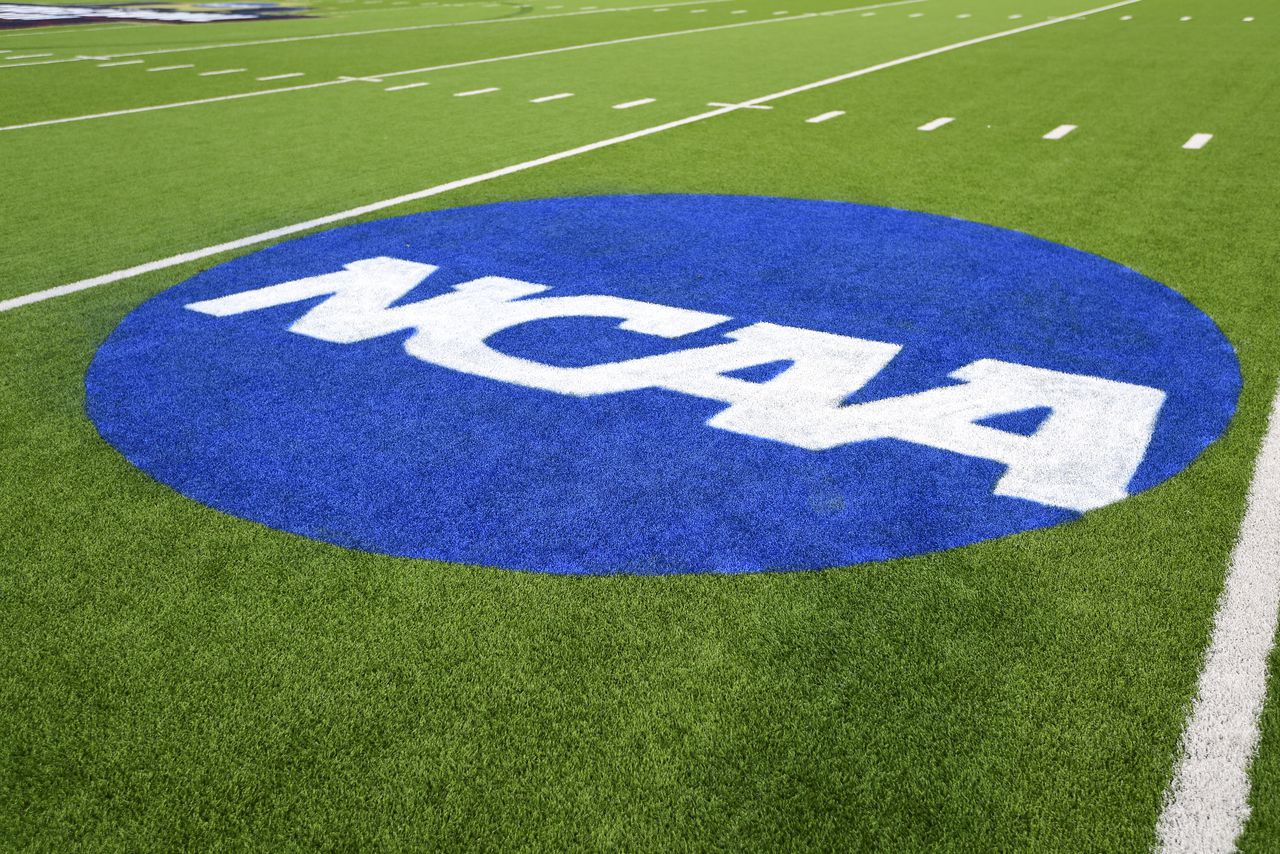NCAA tightens restrictions on second-time transfers
The NCAA late Wednesday announced modified guidelines involving second-time undergraduate transfers in Division I athletics.
A one-time transfer exception already exists, meaning a student-athlete can transfer from one school to another and not have to sit out a year, provided it is their first such move. Graduates can also transfer a second time without losing a year of eligibility.
However, transferring a second time as an undergraduate requires an NCAA waiver to be granted. And getting one now will be more complicated.
According to the new guidelines approved by the NCAA Division I Council, athletes must meet one of the following criteria in order to be eligible for a waiver:
1. “A demonstrated physical injury or illness or mental health condition that necessitated the student’s transfer (supporting documentation, care plans and proximity of the student’s support system will be considered).”
2. “Exigent circumstances that clearly necessitate a student-athlete’s immediate departure from the previous school (e.g., physical assault or abuse, sexual assault) unrelated to the student-athlete’s athletics participation.”
Waivers will no longer be granted for athletic reasons, including lack of playing time or “position preference.” Academic preferences (i.e., availability of major courses of study) will also no longer be considered.
These changes take effect beginning with the 2023-24 academic year.
